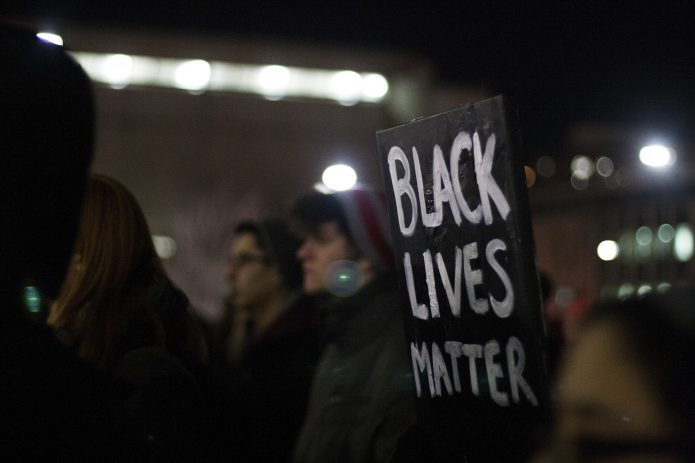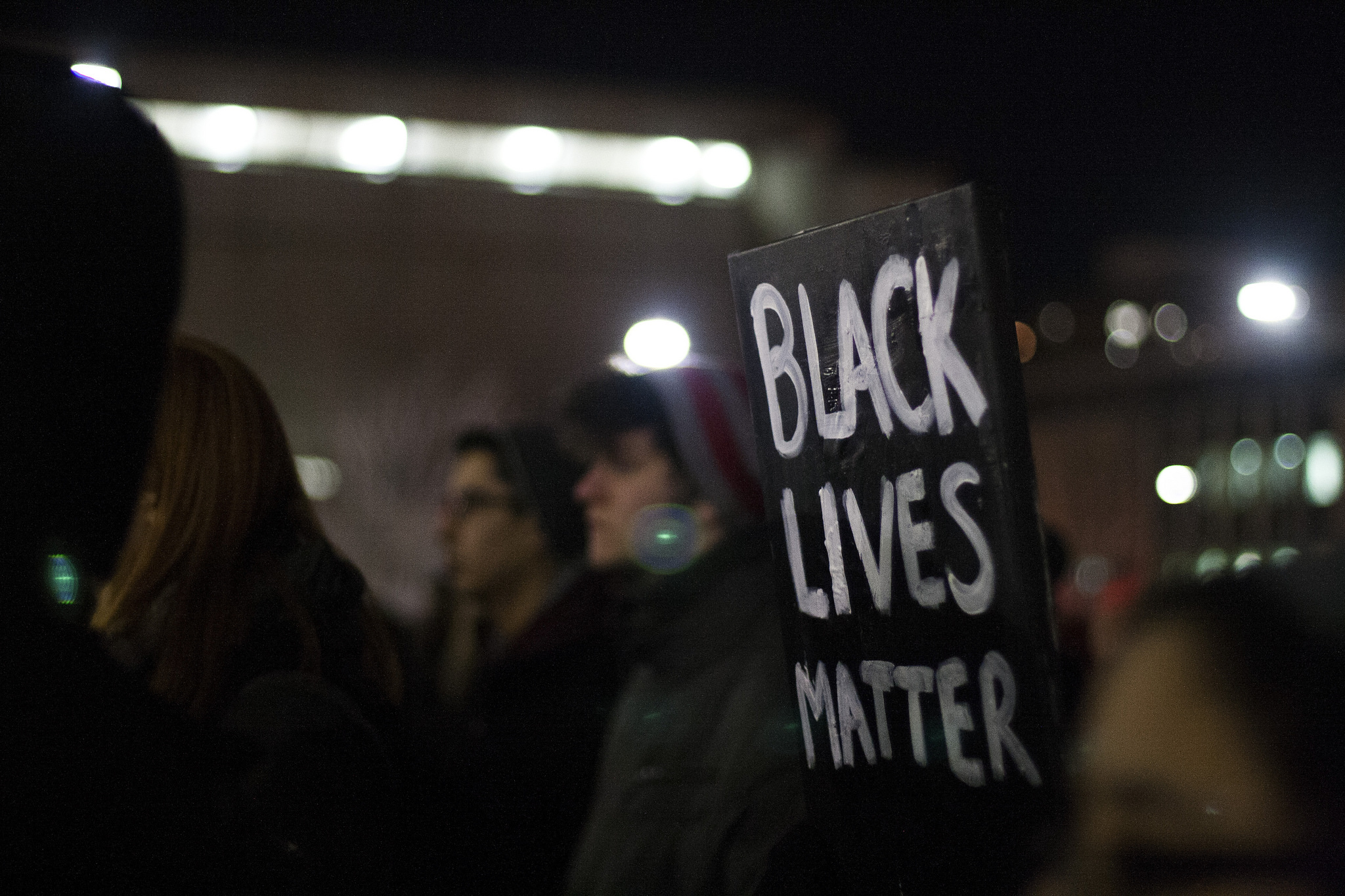
(Photo: Kaitlyn Veto / Flickr)
We’re now going on 7 years since the 2008 financial crisis made inequality a hot topic for Americans.
Looking back on 2014, it’s easy to see inequality remains a top issue that hasn’t gone anywhere.
Below is my roundup of the top 5 inequality moments of 2014 (of course, there were many others, but these 5 stand out to me as the most influential).
5. Obama Ushered in 2014 with an Inequality Bang
Part of what makes Obama’s Jan. 2014 State of the Union Address a top inequality moment is that it echoed an earlier speech he’d given the previous month in which he declared inequality to be “the defining issue of our time.” The SOTU speech built on this historic speech and made headlines over his statement that “Inequality has deepened.” However, the focus of the SOTU was more on expanding opportunity than ending inequality, causing some to wonder whether inequality might start to recede from the political and media landscape.
4. Piketty’s Book Became #1 Bestseller on Amazon.com
Just as we began wondering whether inequality would remain a hot topic, Thomas Piketty’s 700-page tome on inequality became a bestseller and even sold-out in April. Why? Because this tour de force told a new and sweeping story of inequality. The “1 percent” are responsible for the second Gilded Age not because they’re talented or hardworking but because they inherit and hoard their wealth. That is the tendency of capitalism, Piketty told us—the movement towards greater and greater inequality. That message propelled Piketty from obscure French economist to rock star status overnight—right here in the U.S. of A.
3. Janet Yellen Sounded the Warning Bell on Inequality
In a 30-minute speech back in October, chairwoman of the Federal Reserve Janet Yellen made headlines when she spoke openly and frankly about rising income and wealth inequality in America. Though she cited plenty of data, what made Yellen’s speech memorable— and even historic—was its deeply personal tone. “The continuing increase in inequality in the United States greatly concerns me,” she said. Noting that Americans have a very small chance of advancing economically these days, she asked “whether this trend is compatible with values rooted in our nation’s history.” Yellen’s speech was a hopeful sign of how she views her role and responsibility as the new Fed chair.
2. Workers of the Cities and States United
Worker justice campaigns upped the ante as 2014 saw a wave of new organizing leading to new policies at the city and state levels. With Congress dragging its heels on a federal minimum wage increase, for instance, 15 states plus the District of Columbia approved wage hikes in 2014 alone. In November, San Francisco passed the nation’s first Retail Workers’ Bill of Rights, a law that will curb erratic scheduling for retail workers. Other coalitions also introduced similar bills in other cities. What’s that? A Republican takeover of Congress in January? Worker justice coalitions have simply been too busy to notice.
1. Ferguson Reminded Us Inequality Isn’t Colorblind
Ferguson—and the people’s impassioned protests that followed—reminded all of us that a national conversation about economic inequality cannot and must not ignore America’s’ ugly legacy of racism. The marches in the streets against police brutality are embedded in a history of economic inequality in this country that has always been racially tinged. In 2015, may we all remember that inequality isn’t colorblind.
